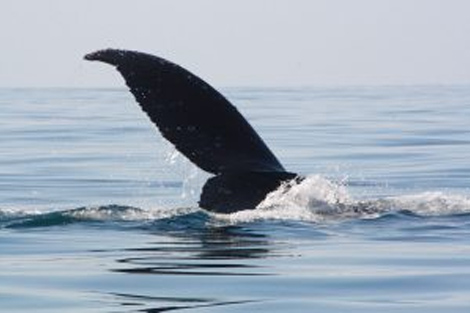
Chemical whales
Paradoxically, the polar regions are not as pristine as we like to think. What should be the cleanest places on earth are accumulating a nasty residue of toxic pollution from the rest of the world.
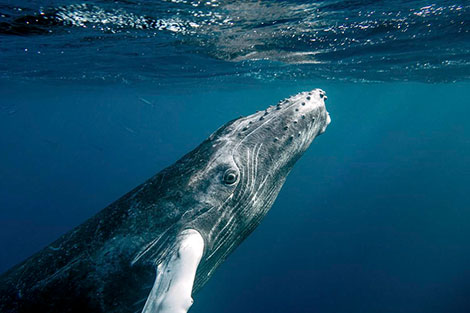
Having a whale of a time researching
Griffith University researchers are using humpback whales as “canaries in the coalmine” to tell them what’s happening in Antarctica.
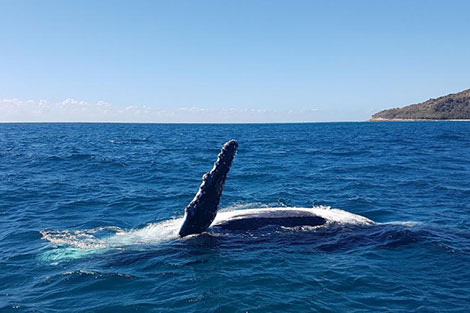
Research studies whale interaction with ships
Griffith University’s Southern Ocean Persistent Organic Pollutants Program and the Port of Brisbane are working together to collect data on the mammals that will help inform a Federal Government-led strategy.
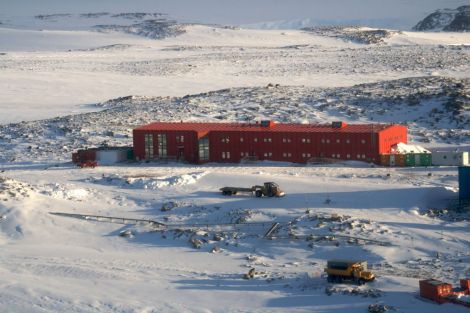
Pops detected around Antarctic stations
Australian Antarctic stations are rethinking their operational practices after the discovery that common household pollutants are dispersing from Casey station into the local Antarctic environment.
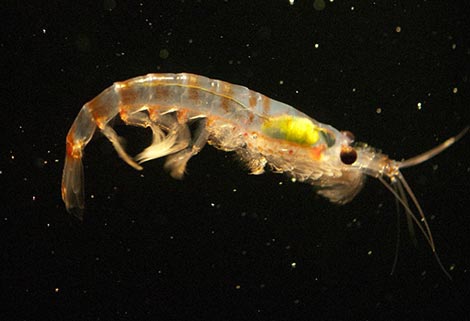
The good oil on krill
New research investigating the oils or ‘lipids’ in Antarctic krill will provide scientists and the krill fishing industry with improved tools for measuring the health of krill populations and their environment.
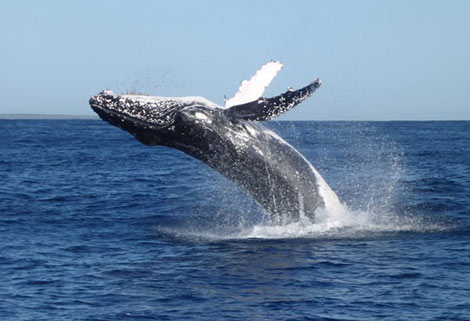
Whale of a lab
How does Antarctica, the coldest driest and most remote continent on earth come to be polluted industrial chemicals and pesticides likes DDT, PCBs or dioxins, some of which were already banned decades ago? And how do we study the effects of these compounds in the world’s most pristine environment?
Scope TV: Humpback Whale Research
Scope TV: Humpback Whale Research
Humans have only explored 5% of the ocean and more people have been on the moon than the deepest parts of the sea! In fact, the creatures down there might seem alien to us. Dr Susan Bengtson Nash and her team at Griffith University are doing just that – with the help of some very helpful humpback whales.
Connect and collaborate
If you would like to work, study or collaborate with us, get in touch